
Foods for weight loss.
A combination of diet, exercise, and overall lifestyle influences weight loss. Whereas no enchantment nourishment ensures weight misfortune, consolidating certain nourishments into your count calories can be useful.
Here are some foods that may support weight loss:
Vegetables:

Vegetables are an excellent choice for supporting weight loss due to their low-calorie density, high fiber content, and a rich array of vitamins and minerals.
Some Vegetables:
Here are some vegetables that can be particularly beneficial:
Leafy Greens:
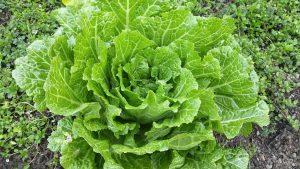
Spinach, kale, Swiss chard, and other leafy greens are low in calories and high in nutrients. They are excellent sources of fiber, vitamins (such as vitamin K, vitamin A, and folate), and minerals.
Cruciferous Vegetables:
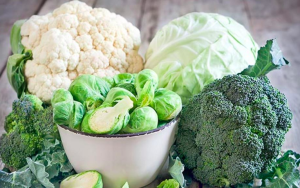
Broccoli, cauliflower, Brussels sprouts, cabbage, and kale are examples of cruciferous vegetables. They are moo in calories, tall in fiber, and given different supplements, counting vitamins C and K.
Bell Peppers:
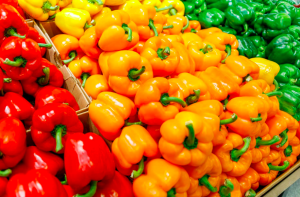
Colorful bell peppers are rich in vitamin C and antioxidants. They add sweetness and crunch to your meals while being low in calories.
Cucumbers:
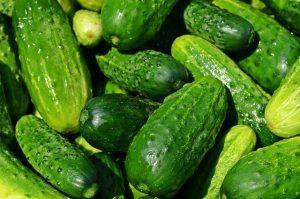
cucumbers
Cucumbers have a high water content, making them hydrating and low in calories. They can be a refreshing addition to salads or enjoyed as a crunchy snack.
Tomatoes:
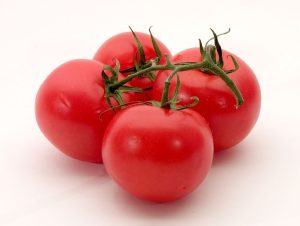
Tomatoes are low in calories and high in antioxidants, including lycopene. They can be used in salads, soups, or as a base for sauces.
Zucchini:
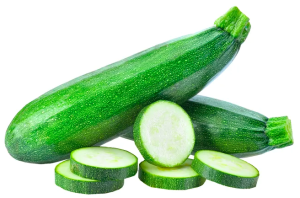
Zucchini is low in calories and can be used as a substitute for higher-calorie ingredients in dishes like pasta or as a base for vegetable noodles.
Carrots:
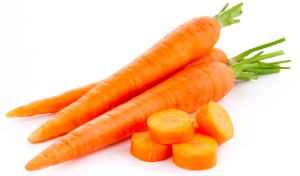
Carrots are sweet, crunchy, and rich in beta-carotene, which converts to vitamin A in the body. They make a satisfying snack or addition to salads.
Green Beans:

Green beans are a good source of fiber and can be a nutritious side dish or snack.
Spinach:

Spinach is versatile and can be used in salads, smoothies, or cooked dishes. It's rich in press, vitamins, and minerals.
Cabbage:
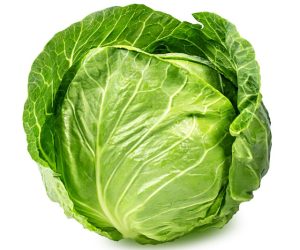
Cabbage is low in calories and high in fiber. It can be utilized in servings of mixed greens, stir-fries, or indeed as wraps for a low-calorie elective.
Fruits:
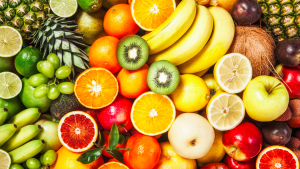
Fruits are a nutritious and flavorful expansion to a weight-loss-friendly eat-less. Whereas natural products do contain common sugars, they too give fundamental vitamins, minerals, cancer prevention agents, and fiber.
Some Fruits:
Here are some fruits that can support weight loss:
Berries:

Blueberries, strawberries, raspberries, and blackberries are low in calories and high in fiber and antioxidants. They add sweetness to your meals without contributing significantly to your calorie intake.
Apples:

Apples are high in fiber, particularly soluble fiber called pectin, which can help you feel full. Eating an apple before a meal may reduce overall calorie intake.
Grapefruit:
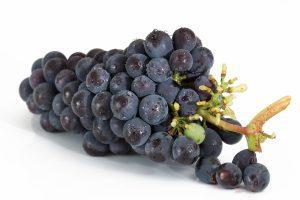
Some studies suggest that grapefruit may have properties that aid in weight loss. It's moo in calories and tall in water substance, making it a reviving and filling alternative.
Pears:
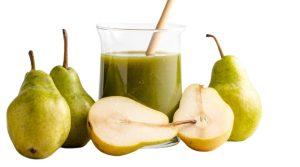
Pears are a good source of fiber and can help keep you satisfied between meals. The fiber content can also support digestive health.
Watermelon:
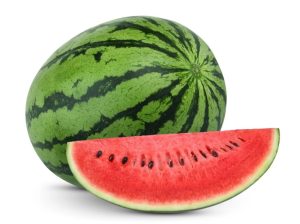
Watermelon is hydrating due to its high water content, and it's relatively low in calories. It makes for a refreshing and satisfying snack.
Oranges:
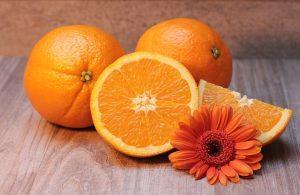
Oranges are rich in vitamin C and fiber. The act of peeling and eating an orange can also slow down the eating process, promoting a feeling of fullness.
Kiwi:
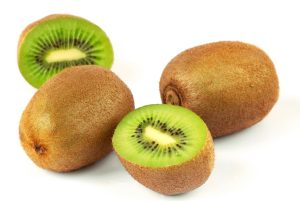
Kiwi is a nutrient-dense fruit that provides a good amount of fiber and vitamin C. It contains a one-of-a-kind flavor and can be delighted in on its possess or included in natural product servings of mixed greens.
Papaya:
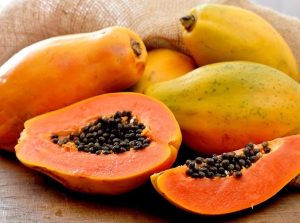
Papaya is low in calories, high in fiber, and contains enzymes that aid digestion. It's a tropical natural product with a sweet taste.
Cherries:
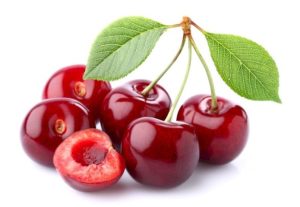
Cherries are not only delicious but also relatively low in calories. They contain cancer-prevention agents and may have anti-inflammatory properties.
Strawberries:
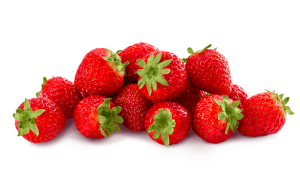
Strawberries are rich in vitamin C, manganese, and antioxidants. They're flexible and can be included in yogurt, smoothies, or delighted in on their claim.
Lean Proteins:

Including lean proteins in your diet can be beneficial for weight loss as they are often lower in calories and saturated fats while providing essential nutrients. Protein helps to promote feelings of fullness, supports muscle maintenance, and can contribute to an overall balanced diet.
Some Lean protein:
Here are some lean protein sources to consider:
Chicken Breast:
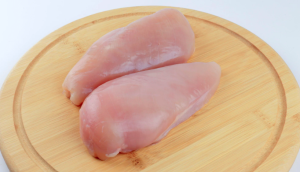
Skinless, boneless chicken breast is a lean source of protein. It's versatile and can be grilled, baked, or sautéed.
Turkey:
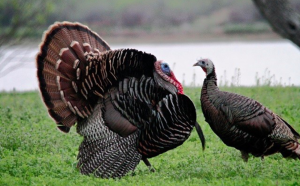
Lean ground turkey or turkey breast is a good option. Look for lean or extra-lean varieties to minimize fat content.
Fish:

Fatty fish like salmon, mackerel, and trout are rich in omega-3 fatty acids. However, for lean options, consider white fish like cod, tilapia, or haddock.
Seafood:
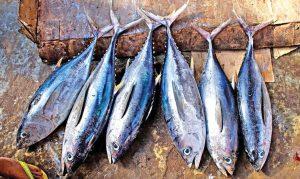
Shrimp, crab, lobster, and other shellfish are generally low in calories and fat while providing a good protein source.
Lean Beef:
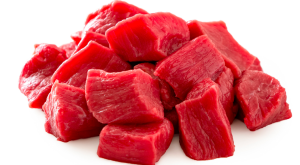
Choose lean cuts of beef, such as sirloin, tenderloin, or lean ground beef (90% lean or higher). Trim visible fat before cooking.
Eggs:
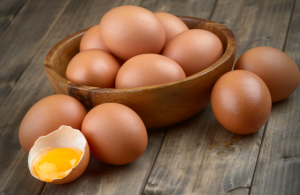
Eggs are a versatile and economical source of protein. Consider incorporating egg whites for an even lower-calorie option.
Tofu:
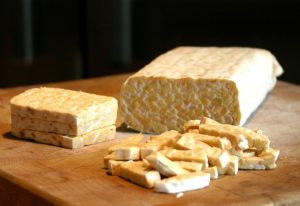
Tofu is a plant-based protein option that is low in calories and can be used in various dishes. It's also a good source of iron and calcium.
Greek Yogurt:

Greek yogurt is higher in protein compared to regular yogurt. Choose plain, non-fat, or low-fat varieties to minimize added sugars and fats.
Cottage Cheese:

Cottage cheese is rich in protein and can be a satisfying snack. Opt for low-fat or fat-free versions.
Beans and Legumes:
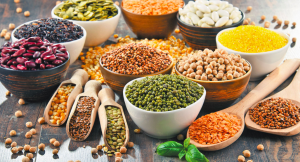
Black beans, lentils, chickpeas, and other legumes are not only high in protein but also rich in fiber, making them a filling and nutritious choice.
Skinless Turkey or Chicken Sausages:
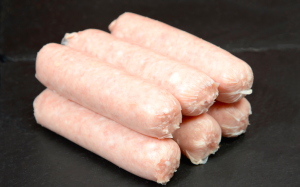
Look for lean varieties with minimal added fats and sodium.
Whole Grains:
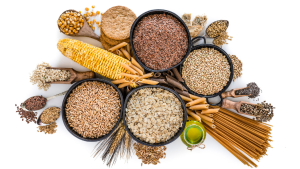
Joining whole grains into your slim-down can contribute to weight misfortune and in general well-being. Entirety grains are rich in fiber, vitamins, and minerals, and they give a maintained discharge of vitality.
Some Whole Grains:
Here are some whole grains that can be beneficial for weight loss:
Quinoa:
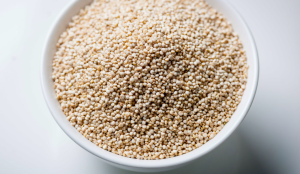
A complete protein source, quinoa is high in fiber and has a nutty flavor. It's flexible and can be utilized as a base for servings of mixed greens, side dishes, or input of rice.
Brown Rice:
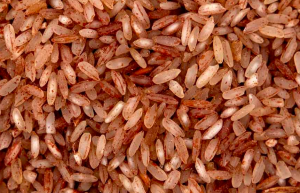
Unlike white rice, brown rice retains its bran and germ, making it a good source of fiber and nutrients. It can be used as a side dish, in stir-fries, or as an ingredient in various dishes.
Oats:
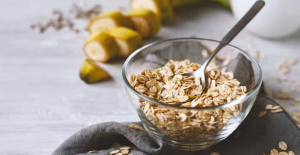
Oats are rich in soluble fiber, which can help keep you feeling full. Opt for whole oats or steel-cut oats for maximum nutritional benefits.
Barley:
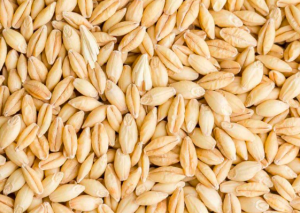
Barley is a hearty whole grain with a chewy texture. It can be utilized in soups, stews, or as a side dish.
Whole Wheat:
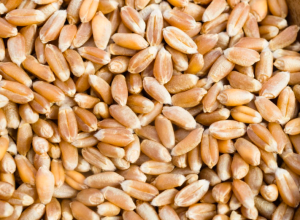
Choose whole wheat products like whole wheat bread, pasta, and couscous. These options have more fiber and nutrients compared to their refined counterparts.
Buckwheat:
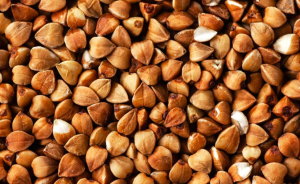
Despite its name, buckwheat is not a wheat but a gluten-free seed. It's tall in protein and fiber, making it a nutritious choice for weight misfortune.
Farro:
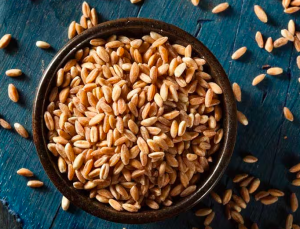
Farro is an ancient grain with a chewy texture and nutty flavor. It can be utilized in servings of mixed greens, soups, or as a side dish.
Millet:
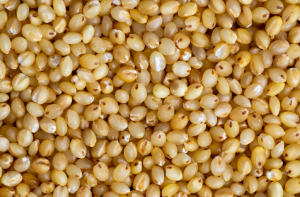
Millet is a gluten-free grain that's rich in nutrients, including magnesium and phosphorus. It can be used in both sweet and savory dishes.
Amaranth:
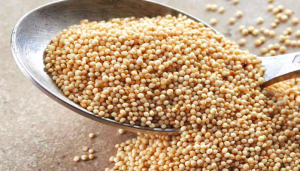
Amaranth is a gluten-free grain that is high in protein and contains all essential amino acids. RGB (255, 137, 137);">It can be cooked as a side dish or included in soups and stews.
Wild Rice:
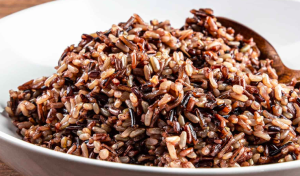
Wild rice is a nutrient-dense whole grain with a unique flavor. It can be utilized as a side dish or blended with other grains.
Healthy Fats:
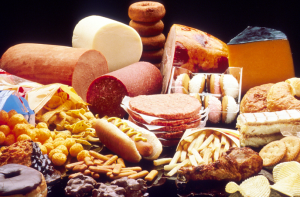
Including healthy fats in your diet is important for overall health, and it can also support weight loss by promoting satiety and providing essential nutrients. It's crucial to focus on sources of monounsaturated and polyunsaturated fats while minimizing saturated and trans fats. Here are some healthy fats to consider:
Avocado:

Avocados are rich in monounsaturated fats, which are heart-healthy fats. They also provide fiber, vitamins, and minerals. Add slices of avocado to salads, and sandwiches, or enjoy it as a snack.
Olive Oil:

Extra virgin olive oil is a source of monounsaturated fats and contains antioxidants. Use it for cooking, as a salad dressing, or for drizzling on vegetables.
Nuts and Seeds:

Almonds, walnuts, chia seeds, flaxseeds, and sunflower seeds are packed with healthy fats, fiber, and protein. However, portion control is important due to their calorie density.
Fatty Fish:
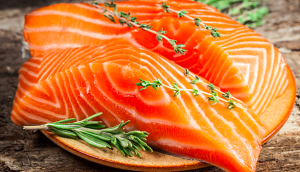
Salmon, mackerel, trout, and sardines are rich in omega-3 fatty acids, which have numerous health benefits. Omega-3s can contribute to a feeling of fullness and support overall well-being.
Nut Butter:
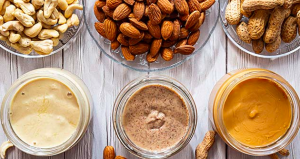
Choose natural nut butter without added sugars and oils. Peanut butter, almond butter, and cashew butter are good options. Use in moderation as a spread or as an ingredient in smoothies and recipes.
Chia Seeds:
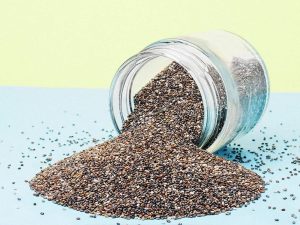
Chia seeds are high in omega-3 fatty acids, fiber, and antioxidants. They can be added to yogurt, oatmeal, or used to make chia pudding.
Coconut Oil:
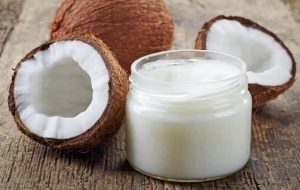
While it's high in saturated fat, coconut oil is unique because it contains medium-chain triglycerides (MCTs). Some studies suggest that MCTs may have a modest effect on weight loss when consumed in moderation.
Dark Chocolate:
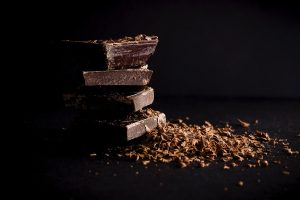
Dark chocolate, in moderation, can provide healthy fats and antioxidants. Choose varieties with at least 70% cocoa content to maximize health benefits.
Flaxseed Oil:
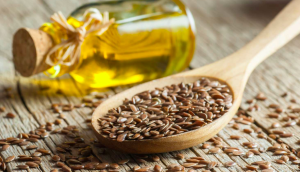
Flaxseed oil is a good source of omega-3 fatty acids. Add it to smoothies or use it as a dressing for salads.
Greek Yogurt:

Greek yogurt is a dairy product that contains healthy fats, protein, and probiotics. Choose plain, non-fat, or low-fat varieties to minimize added sugars.
Low-Fat Dairy:
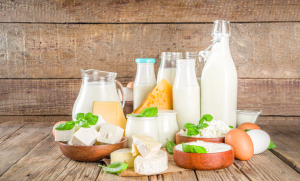
Including low-fat dairy in your diet can be a part of a healthy approach to weight loss, as it provides essential nutrients like calcium and protein without the excess saturated fats found in full-fat dairy products. Here are some examples of low-fat dairy options:
Skim or Fat-Free Milk:

Skim milk, also known as fat-free or non-fat milk, is a good source of calcium and protein without the added saturated fat. It can be utilized in cereals, smoothies, or delighted in on its claim.
Low-Fat or Fat-Free Yogurt:

Choose plain, low-fat, or fat-free yogurt to reduce your intake of saturated fats and added sugars. Greek yogurt is also a good option, as it tends to be higher in protein.
Low-Fat or Fat-Free Cheese:
Look for low-fat or fat-free versions of your favorite cheeses. They can be utilized in cooking, servings of mixed greens, or delighted in as snacks.
Low-Fat Cottage Cheese:
Cottage cheese is a good source of protein and can be a satisfying snack or added to meals. Choose low-fat or fat-free varieties.
https://livewithgreen.com/foods-that-support-weight-loss/
.jpg)